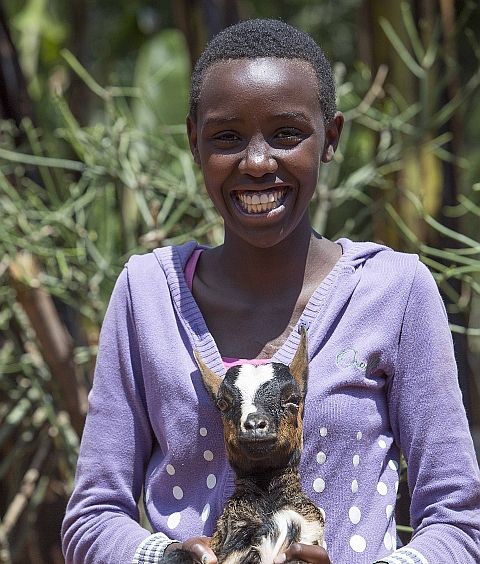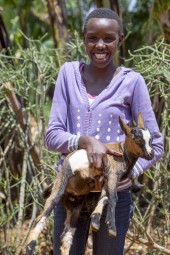
On the international launch of Kwibuka20, Rwanda’s official campaign to mark the 20th anniversary of the genocide against the Tutsi in Rwanda, Survivors Fund (SURF) and its partner organisations call on the international community to continue to address the ongoing needs of survivors of the genocide in Rwanda.
“This is a special time to remember survivors who still live with the devastating effects of genocide today”, commented Alphonsine Kabagabo, Vice-Chair of Survivors Fund (SURF) who is a genocide survivor herself and will be speaking at the launch of the commemoration theme in the UK at the Commonwealth Secretariat on 7th January. “SURF marks the beginning of this 20th anniversary year by pledging our continued support to address the present day and future needs of survivors and their dependents”, she stated.
Kwibuka, which is Remember in Kinyarwanda, is an apt theme as it focuses on the importance of acknowledging the loss of the victims of the genocide, as well as recognising the continuing needs of the 309,000 survivors in Rwanda which encompass issues including HIV, trauma, rape, shelter, livelihood, education, income generation, youth employment, ageing, justice and reparation.

An initiative to explore how survivors’ right to reparation can be fulfilled to address the ongoing needs of survivors as part of the Kwibuka20 programme is also under way. Françoise Lemagnen, Chief Executive of SURF, welcomed this move, saying “Reparation remains one of the biggest issues for survivors today and we are grateful for its recognition within the framework of Kwibuka20.”
Survivor-led organisations in Rwanda, UK-based human rights organisation REDRESS, and Survivors Fund (SURF), have made recommendations to the Government of Rwanda proposing a range of mechanisms to address reparation in the form of assistance, restitution and compensation – which included the options of an International Trust Fund, as well as a national compensation fund.
On this issue, President of the UN International Criminal Tribunal for Rwanda (ICTR), Judge Vagn Joensen, reported to the UN General Assembly last month: “…the progress being made in terms of reparations for victims and survivors of the 1994 genocide in Rwanda, and on the very recent commissioning of a draft project proposal to be carried out by the International Organisation for Migration. The draft project proposal will provide a meaningful way forward that is in line with the position that the General Assembly has taken in calling for assistance to victims and survivors of the 1994 genocide.”
